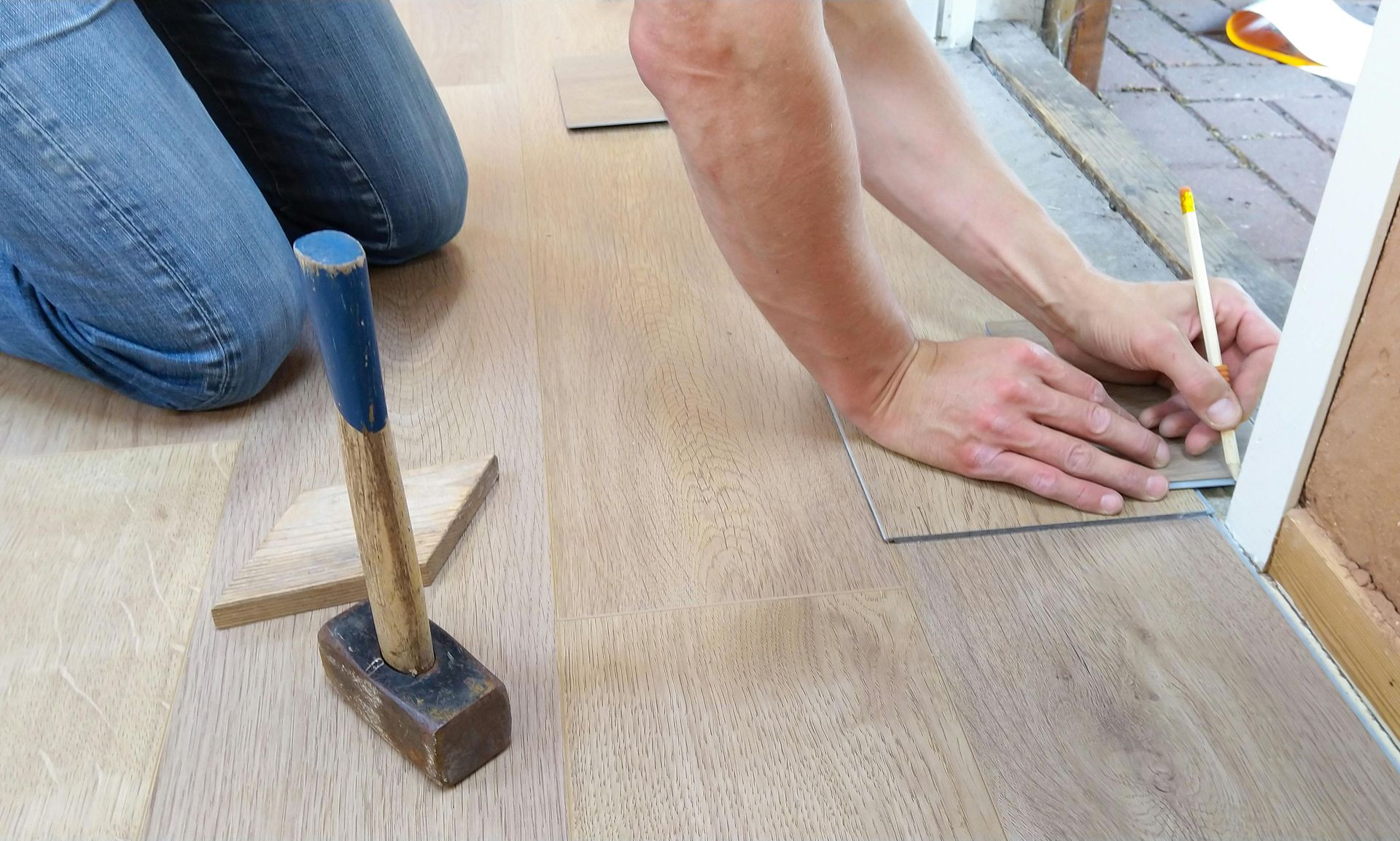How to Buy Airbnb Property with No Money
By: Elliott Caldwell | Jun 9, 2025

Introduction
Dreaming of owning an Airbnb property but short on capital? You’re far from alone. In today’s evolving real estate and hospitality landscape, many aspiring hosts and investors are drawn to the potential of short-term rentals—but are held back by the assumption that large upfront cash is required.
The truth is, while traditional routes to property ownership typically demand a significant down payment and excellent credit, there are multiple creative and strategic methods that can help you break into the Airbnb market with little to no money down. From leveraging assets you already own, to building partnerships, to offering services within the Airbnb ecosystem, your path to becoming a host may be much more accessible than you think.
This guide will walk you through everything you need to know: why Airbnb investments are worth pursuing, how much they normally cost, and most importantly—how to do it with limited or zero upfront capital. Whether you're new to real estate or simply looking for unconventional entry points, you'll find actionable strategies that can put you on the fast track to launching your Airbnb venture.
Why Airbnb Investments Are Worth Pursuing
Investing in an Airbnb property isn’t just a trendy side hustle—it’s a powerful wealth-building tool that combines real estate appreciation with recurring income. Whether you're aiming to build a short-term rental empire or simply supplement your income with a single listing, the benefits of Airbnb hosting go far beyond the financials.
High Profitability Potential
One of the most compelling reasons to invest in an Airbnb property is its potential for strong and consistent returns. Unlike traditional long-term rentals, short-term vacation stays often command higher nightly rates—especially in desirable destinations or peak travel seasons. In many markets, Airbnb income can significantly outpace the monthly rent you’d receive from a long-term tenant.
With smart pricing strategies, effective calendar management, and strong guest reviews, Airbnb hosts can generate income that not only covers fixed expenses—like mortgages, taxes, insurance, and utilities—but also leaves room for healthy profit margins. And as platforms like Airbnb and Vrbo continue to grow in popularity, demand for well-managed, high-quality vacation rentals is only increasing.
Cultural and Personal Rewards
Beyond the financial upside, Airbnb hosting offers unique and enriching life experiences. As a host, you open your doors to people from all walks of life—families, digital nomads, international travelers, and business professionals. These interactions can lead to new friendships, cultural exchanges, and even global networking opportunities.
Many hosts find fulfillment in curating personalized guest experiences, sharing local insights, and playing a key role in someone’s memorable trip. If you enjoy hospitality and take pride in your space, Airbnb provides a meaningful outlet for that passion.
Financial Flexibility and Control
Unlike traditional landlord-tenant arrangements, Airbnb allows you full control over your pricing, availability, and guest selection. You can adjust your nightly rates in real-time based on demand, events, or seasonality to maximize earnings. You decide when your property is available—and when it’s reserved for your own use.
This level of flexibility makes it ideal for part-time investors, digital nomads, and homeowners who want to monetize an extra space without giving up long-term ownership or use. It also allows you to test different markets or hosting strategies before committing to larger investments.
In essence, Airbnb investing empowers you to be both entrepreneur and property owner—on your terms.
Proven Strategies to Buy Airbnb Property With No Money
The key to acquiring Airbnb property with little to no upfront cash lies in financial creativity, strategic leverage, and sometimes, a bit of negotiation skill. Here are several tried-and-true approaches:
1. Leveraging Home Equity (HELOC or Home Equity Loans)
If you already own a home with built-up equity, you can tap into it to fund your investment:
- HELOC (Home Equity Line of Credit): Functions like a credit card secured by your home equity. Flexible, revolving credit that you can draw from as needed.
- Home Equity Loan: A lump-sum loan against the equity in your property, often with fixed rates.
These options provide funding without requiring you to sell or refinance your current home, making them ideal for fast access to cash.
2. Cash-Out Refinance
This involves refinancing your existing mortgage at a higher amount and cashing out the difference in equity. You can then use this money as a down payment or full purchase for your Airbnb property.
Tip: This strategy works best in a low-interest-rate environment or if your current mortgage rate is relatively high.
3. Seller Financing
With seller (or owner) financing, the seller acts as the lender. You negotiate terms directly with them, often bypassing banks entirely. This can be an excellent option if you don’t qualify for a traditional loan or want to avoid the lengthy approval process.
Seller financing terms can be highly flexible—down payments, interest rates, and payment schedules are all negotiable.
4. Assuming the Seller’s Mortgage
In some cases, a buyer can assume the seller’s existing mortgage. If the terms are favorable and the loan is assumable (typically FHA, VA, or USDA loans), you can step into their payment schedule without applying for a new mortgage—saving time, money, and hassle.
5. Seller-Held Second Mortgage
This is where the seller provides a second mortgage to cover the down payment portion the buyer can’t afford. You obtain a primary loan from a traditional lender, and the seller finances the rest as a second-position loan. This can effectively eliminate the need for your own cash upfront.
6. Gap Financing
This refers to any secondary form of short-term lending used to “bridge the gap” between what you have and what you need. Examples include:
- Personal loans
- Private lenders
- Hard money lenders
While gap financing often comes with higher interest rates, it can be worth it if the property produces enough short-term rental income to quickly repay the loan.
7. BRRRR Method (Buy, Rehab, Rent, Refinance, Repeat)
This strategy works best for distressed or undervalued properties:
- Buy below market value
- Rehab the property to increase value
- Rent it out (e.g., via Airbnb)
- Refinance to pull out your original investment
- Repeat the process with your newly gained capital
Although this approach may require upfront costs, using private lenders or partnerships can reduce or eliminate your need for personal funds.
8. Real Estate Partnerships
Find a partner with capital who is looking for a passive investment. You contribute the sweat equity—managing operations, bookings, cleaning, guest experience—while they contribute the money. This arrangement allows both parties to profit without either shouldering the full load.
Clear agreements and expectations are crucial here—always have a contract in place.
9. Raising Investor Capital
Pitch your Airbnb investment idea to friends, family, or professional investors. If you have a solid business plan, attractive projected returns, and a clear exit strategy, you may find people willing to fund your venture in exchange for equity or interest.
Platforms like Fundrise or real estate crowdfunding websites can also help you access investor capital without traditional lending.
Start Airbnb Without Property Ownership
You don’t need to own a home—or take out a six-figure loan—to become an Airbnb host. In fact, some of the most profitable and scalable Airbnb entrepreneurs started without ever purchasing real estate. Thanks to the flexibility of the short-term rental model, there are several accessible, low-barrier ways to enter the market using other people’s property, your existing space, or your unique skills.
Here are the top methods to launch your Airbnb business without buying a property:
1. Airbnb Rental Arbitrage
Rental arbitrage is one of the most popular and fastest-growing strategies for getting started in Airbnb hosting with little to no capital investment. Here’s how it works:
- You sign a long-term lease on a property (e.g., 12 months).
- With the landlord’s written permission, you sublease it as a short-term rental on platforms like Airbnb and Vrbo.
- The goal is to earn
more from nightly bookings than you pay in monthly rent, keeping the profit.
This model requires negotiation skills and a strong value proposition to get landlord buy-in. But once in place, you can scale quickly by repeating the process with multiple units. It’s ideal for entrepreneurial-minded individuals who want full control over guest experience and income—but without the massive down payment.
Bonus Tip: Target furnished apartments in high-demand areas where short-term rental demand is high and regulations are favorable.
2. Co-hosting Opportunities
Co-hosting is like Airbnb property management on a micro-scale. Instead of leasing or owning the space, you partner with a property owner or existing host and manage the day-to-day operations of their listing. That includes:
- Guest communication
- Cleaning and turnovers
- Calendar and pricing management
- Handling maintenance or emergencies
In return, you earn a percentage of the profits, often between 10% and 30%. This is a phenomenal way to gain hands-on experience, build relationships in the industry, and start generating income without investing in property or furnishings.
Pro tip: Look for absentee owners, second-home landlords, or hosts with multiple listings who are overwhelmed. Offer a free trial or discounted rate to prove your value.
3. Offering Airbnb Experiences
Not every Airbnb host needs a property at all. Airbnb Experiences allow you to monetize your local knowledge, hobbies, or talents by offering guests unique activities during their stay. Think cooking classes, guided hikes, surf lessons, photography walks, or cultural workshops.
With minimal startup cost and zero real estate involved, Experiences can generate serious side income—especially in travel hotspots. They’re also a great entry point to building a reputation on Airbnb while learning the platform’s ecosystem.
Creative ideas include:
- “Secret Spots” walking tours
- Local food tastings
- Art or craft workshops
- History or architecture experiences
4. Utilizing Existing Space in Your Home
If you already own or rent your home and have extra space, you might be sitting on a hidden income stream. Spare bedrooms, finished basements, guest houses, detached garages, or even backyard cabins can be converted into profitable Airbnb listings with minimal investment.
This is a great way to dip your toes into hosting without the risk or commitment of acquiring a new property. It also allows you to build up guest reviews and Airbnb hosting experience, which can help you qualify for better future deals or partnerships.
Pro tip: Privacy matters. Adding a separate entrance, lockable door, or private bathroom can dramatically increase the appeal—and price—of your listing.
Complementary Airbnb-Related Businesses (No Money Required)
You don’t have to be a property owner—or even a host—to profit from the booming short-term rental industry. In fact, some of the most scalable and in-demand businesses in the Airbnb ecosystem are support services that help hosts run their listings more effectively. These complementary businesses often require little to no upfront investment, just skills, hustle, and a smart service offering.
Here are high-potential Airbnb-adjacent business ideas that you can launch today:
1. Property Management Services
Many Airbnb hosts are absentee owners, busy professionals, or portfolio investors who simply don’t have time to manage their listings day-to-day. That’s where short-term rental property managers come in. These managers handle:
- Guest communication
- Check-in/check-out logistics
- Pricing strategy
- Maintenance coordination
- Review management
In exchange, you typically earn 10%–30% of the property’s gross revenue, depending on how full-service your offering is. With just a few well-run properties, this can generate consistent, scalable income—without owning anything.
You can even specialize in luxury listings, corporate stays, or vacation rentals to position yourself as a premium service provider.
2. Cleaning and Turnover Services
Cleaning is one of the most essential—and highest-demand—services in the Airbnb ecosystem. Reliable turnover teams are worth their weight in gold, especially in cities with high occupancy or fast-paced guest bookings.
If you have experience in cleaning or hospitality, or can quickly organize a small team, you can start offering:
- Same-day turnovers
- Linen and towel service
- Restocking of amenities
- Deep cleans between longer stays
- Damage reporting and documentation
Hosts are willing to pay a premium for cleaners who are trustworthy, thorough, and familiar with Airbnb expectations. Over time, you can scale by managing multiple properties and subcontracting work to others.
Bonus Tip: Use software like TurnoverBnB or Properly to automate scheduling with hosts and grow your client base faster.
3. Airbnb Photography and Marketing
Listings with professional photography consistently outperform those without. High-quality images don’t just make a listing look good—they increase bookings and boost nightly rates. If you have a camera and basic editing skills (or a phone and an eye for staging), you can offer:
- Professional interior/exterior photos
- Lifestyle or experience-driven shots
- Listing optimization (titles, descriptions, tags)
- Social media or digital marketing services
As Airbnb becomes more competitive, hosts are constantly seeking ways to stand out. Offering bundled photo + copywriting + strategy services can help you command higher rates and long-term clients.
4. Offering Upselling Services
You don’t need to manage a property to profit from the guest experience side of Airbnb. Upselling services are value-adds that help guests enhance their stay—often at little cost to you. Think:
- Airport transfers or local transportation coordination
- Welcome baskets with snacks, wine, or local goods
- On-demand meals or breakfast delivery
- Grocery pre-stocking
- Tour or event booking
You can partner with local vendors or build affiliate-style relationships to offer these services seamlessly to Airbnb guests, sharing in the revenue without bearing the cost.
This is especially effective in luxury vacation markets or for hosts who want to differentiate their listing with concierge-style service.
5. Consulting and Coaching in Airbnb Management
If you’ve managed or hosted before—or if you've gained significant industry insight—you can position yourself as an Airbnb consultant. New hosts often feel overwhelmed by the details: pricing, regulations, guest expectations, interior design, platform algorithms. You can help guide them through:
- Setting up a listing from scratch
- Optimizing underperforming listings
- Navigating legal and zoning issues
- Building cleaning and management systems
- Creating a guest communication plan
You can offer this as one-on-one coaching, group webinars, digital courses, or even a paid ebook. It’s a great way to monetize your expertise and grow your brand as an industry authority—especially if you pair it with content marketing or social proof (e.g., Airbnb Superhost status).
Performing Thorough Due Diligence
Before committing to any Airbnb investment—whether you’re purchasing a property, signing a lease for rental arbitrage, or co-hosting—it’s essential to do your homework. A beautiful property in the wrong location, with the wrong pricing or regulatory environment, can quickly turn into a money pit.
Due diligence is about reducing risk, optimizing returns, and making confident, data-backed decisions. Here’s how to approach it from every angle:
1. Location Research and Market Analysis
Your property's location will make or break your success on Airbnb. Even the most stunning rental can underperform if it's not in an area with strong short-term rental demand. When scouting locations, go beyond the obvious and dig into real, quantifiable market data:
- Tourism activity: Are there consistent streams of visitors year-round, or just seasonal spikes?
- Occupancy and ADR (Average Daily Rate): Use tools like AirDNA, Mashvisor, or PriceLabs to compare nightly rates, booking trends, and occupancy levels in different neighborhoods.
- Local regulations: Is short-term rental activity legal? Are there caps, permits, zoning laws, or tax requirements?
- Proximity to attractions: Look for properties near convention centers, universities, hospitals, or popular tourist areas—not just beaches or downtown cores.
- Competition: How many active listings are in your area? What types of listings (entire homes, private rooms, luxury stays) are dominating the search results?
The goal is to identify a location where demand is strong, the competition is manageable, and regulations are favorable—or at least navigable.
2. Property Condition and Renovation Analysis
Once you’ve identified a potential property or unit, the next step is assessing its current condition and estimating what’s needed to bring it to Airbnb-ready status. First impressions matter more than ever in short-term rentals, so your space must be guest-friendly, functional, and visually appealing.
What to look for:
- Structural issues: Foundation problems, roof condition, plumbing or electrical systems that need upgrades.
- Cosmetic updates: Paint, lighting, flooring, furniture, and decor all play a role in guest experience.
- Layout efficiency: Can the space be reconfigured to add more sleeping capacity, storage, or privacy?
- Amenities: Are you missing essentials like laundry, kitchen equipment, Wi-Fi, or climate control?
You’ll also want to factor in the cost and timeline for repairs or upgrades. Even if you’re not buying the property outright (e.g., in a rental arbitrage setup), you may still be responsible for some of these enhancements—so budget accordingly.
Tip: Focus on value-adding renovations that increase nightly rates and boost booking rates, like updated bathrooms, stylish furniture, or outdoor spaces.
3. Financial Planning and Cost Estimations
This is where your investment either lives or dies: the numbers. No matter how perfect the location or pretty the property, if the math doesn’t work, the deal isn’t worth it.
Your due diligence should include a comprehensive financial forecast, including:
- Upfront costs: Down payment, closing costs, furniture, supplies, permits, cleaning gear, photography, etc.
- Fixed monthly expenses: Mortgage or rent, utilities, insurance, HOA fees, property taxes, platform service fees.
- Variable costs: Cleaning, maintenance, guest amenities, restocking, marketing, and seasonal slowdowns.
- Projected income: Based on occupancy rates and ADRs for comparable properties in the area.
- Break-even point and ROI: When will the property pay for itself, and what kind of return can you expect over time?
You can use Airbnb calculators, Excel spreadsheets, or tools like AirDNA’s Rentalizer to model cash flow and profitability.
Bonus Tip: Always build in a 10–15% cushion for unexpected costs, such as guest damages, vacancies, or rate fluctuations. Conservative projections protect your investment and reduce financial stress.
Risks to Consider and How to Mitigate Them
Airbnb and short-term rental investing can be highly profitable—but like any business venture, it’s not without risk. Whether you're buying a property, signing a lease, or managing someone else's, understanding the potential pitfalls—and having a plan to address them—is essential for long-term success.
Here’s a breakdown of the most common risks and how to protect yourself:
1. Avoiding Over-Leveraging
The Risk:
It’s easy to get swept up in the excitement of rapid growth or creative financing. But taking on too much debt—or using high-interest, short-term loans without a clear repayment plan—can lead to financial strain if bookings slow down or costs spike unexpectedly.
How to Mitigate It:
- Stress-test your numbers. Build conservative income projections based on worst-case occupancy rates and premium expenses. If the numbers only work at 90% occupancy, it’s not a strong deal.
- Start lean. Focus on building one profitable listing before scaling into multiple units or markets.
- Maintain cash reserves. Always keep a cushion (ideally 3–6 months of expenses) in case of emergencies, cancellations, or off-season slumps.
- Avoid variable-rate loans where possible, especially in uncertain economic climates. Fixed financing offers predictability.
Remember, smart growth beats fast growth—especially in a market that can shift quickly.
2. Navigating Local Laws and Regulations
The Risk:
Many cities and counties have cracked down on short-term rentals with strict rules, permitting requirements, or even outright bans. Ignoring or misunderstanding these laws can result in hefty fines, forced shutdowns, or even legal action.
How to Mitigate It:
- Research before committing. Check city zoning codes, HOA rules, state lodging taxes, and permit requirements before signing a lease or purchasing a property.
- Stay up to date. Regulations can change rapidly, especially in urban markets. Set alerts or subscribe to local government updates on short-term rental legislation.
- Build compliance into your business model. If you can’t operate legally and transparently, the property isn’t worth the risk—no matter how lucrative it seems.
- Use a legal professional. If you’re unsure, consult with a real estate attorney or local STR compliance expert to avoid unintentional violations.
Pro tip: Consider targeting areas with STR-friendly policies or strong tourism-based economies where regulation is designed to support (not suppress) hosting.
3. Ensuring Sustainable Growth and Stable Income
The Risk:
Short-term rental income can be volatile—affected by seasonality, economic downturns, local events, global crises (like COVID-19), or platform algorithm changes. Relying on Airbnb as your sole income source without a backup plan can be risky.
How to Mitigate It:
- Diversify your income streams. Consider adding upsells, co-hosting, or Airbnb Experiences to supplement rental income.
- Use dynamic pricing tools. Platforms like PriceLabs or Wheelhouse adjust rates based on demand, helping you maximize revenue even during slower periods.
- Build a direct booking channel. Having your own website or repeat guest base reduces dependency on third-party platforms and their algorithms or fee changes.
- Plan for seasonality. Budget and save during peak seasons to offset the lean months.
Sustainable Airbnb success isn’t just about bookings—it’s about building a resilient, well-managed business that can weather market fluctuations and keep growing steadily over time.
Conclusion: Your Path to Airbnb Ownership With No Money Down
Encouragement and Mindset
Getting started in Airbnb with no upfront capital isn’t just possible—it’s strategic, if you approach it with resourcefulness, creativity, and clarity. At Home Team Luxury Rentals, we operate in the luxury vacation rental space, focused on premium properties with elevated amenities and high ROI. But we also recognize that every strong portfolio has a starting point—and many of the most successful Airbnb investors began with limited resources and a willingness to figure it out.
You may not be working with luxury homes today, and that’s perfectly fine. What matters is building momentum the right way. The strategies we’ve outlined here—rental arbitrage, partnerships, co-hosting, experience hosting—are all legitimate, proven ways to gain traction, build revenue, and earn the credibility that opens doors to higher-end opportunities.
When you grow intentionally and think long-term, you’re not just chasing bookings—you’re laying the groundwork for a sustainable, scalable business. And when the time comes to elevate your portfolio with luxury properties that attract discerning guests, withstand seasonality, and deliver strong returns, we’ll be ready to talk.
Action Steps to Get Started Immediately
- Research and analyze your market—Data should drive every decision.
- Choose a strategy that aligns with your current resources—Start lean, but be strategic.
- Build relationships—Network with property owners, investors, and hosts. Your next opportunity might come through a conversation.
- Focus on operational excellence—Even with a modest property, five-star service sets the tone for future growth.
- Keep the long game in mind—Aim for systems, partnerships, and properties that set you up to scale into high-performance assets.
At Home Team, we’re not just in the business of managing luxury rentals—we’re in the business of helping serious investors build portfolios that work.








